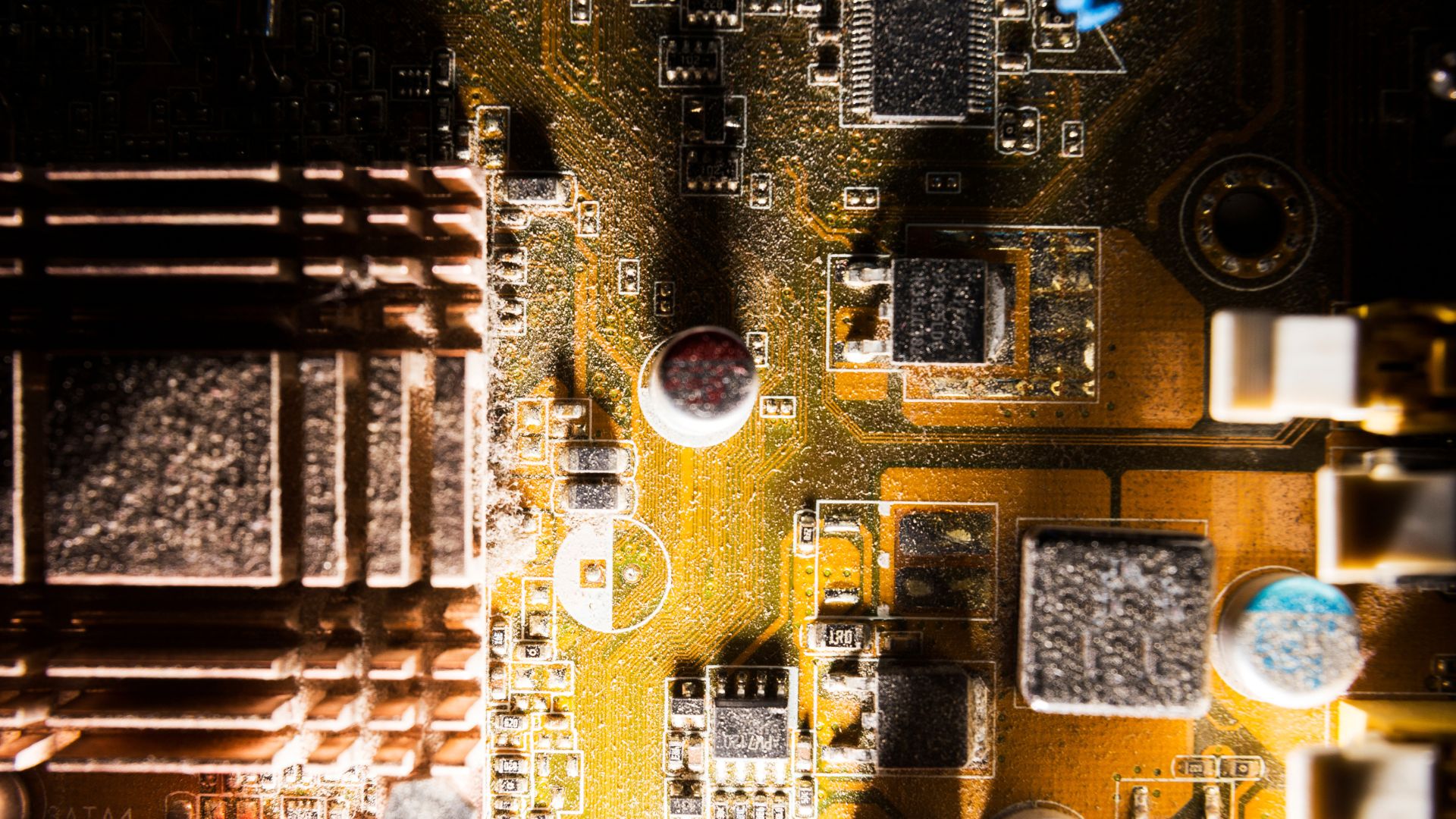The Gigabyte B650 Gaming X AX motherboard scsi driver is designed for gamers and PC enthusiasts, offering cutting-edge technology and robust features. One of the critical aspects of any motherboard is its compatibility with various drivers, including SCSI (Small Computer System Interface) drivers, which play a crucial role in ensuring optimal performance. In this article, we will explore the features of the Gigabyte B650 Gaming X AX motherboard, delve into its SCSI driver requirements, and provide insights on installation and troubleshooting.
Overview of the Gigabyte B650 Gaming X AX Motherboard
Design and Build Quality
The Gigabyte B650 Gaming X AX is engineered with a sleek and modern design, featuring a black PCB with RGB lighting accents. This aesthetic appeal makes it an attractive choice for gamers looking to build a visually stunning rig. The motherboard is built with high-quality capacitors and a reinforced PCIe slot, ensuring durability and stability during intensive gaming sessions.
Key Specifications
-
Chipset
- AMD B650
-
CPU Support
- Compatible with AMD Ryzen 7000 series processors.
-
RAM Support
- Up to 128GB DDR5, with speeds reaching 6400 MHz.
-
Expansion Slots
- Multiple PCIe 4.0 and 3.0 slots for graphics cards and other add-ons.
-
Storage Options
- M.2 slots and SATA III connectors for a variety of storage configurations.
-
Networking
- Equipped with Wi-Fi 6E and Bluetooth 5.2 for high-speed wireless connectivity.
These features make the B650 Gaming X AX a formidable option for gamers and content creators alike.
Understanding SCSI Drivers
What are SCSI Drivers?
SCSI drivers are software components that allow the operating system to communicate with SCSI devices, which can include hard drives, SSDs, CD/DVD drives, and other peripherals. SCSI technology is widely used in high-performance storage solutions due to its ability to manage multiple devices simultaneously and deliver fast data transfer rates.
Importance of SCSI Drivers
Having the correct SCSI drivers installed is vital for the following reasons:
-
Device Recognition
- Without the appropriate drivers, the operating system may fail to recognize SCSI devices connected to the motherboard.
-
Performance Optimization
- Updated drivers can enhance the performance and reliability of storage devices, ensuring faster read/write speeds and improved overall system responsiveness.
-
Error Prevention
- Outdated or incorrect drivers can lead to errors, data loss, and other issues that can compromise system stability.
SCSI Driver Requirements for the B650 Gaming X AX
Minimum Driver Requirements
To ensure optimal performance of SCSI devices on the Gigabyte B650 Gaming X AX motherboard, meet the following minimum driver requirements:
Operating System
Windows 10 or later, Linux kernel 5.0 or higher.
Motherboard Drivers
Install the latest chipset drivers from Gigabyte for SCSI device support.
Storage Device Drivers
Check the manufacturer’s website for specific drivers for your SCSI devices.
Installing SCSI Drivers
Download Drivers
Visit the Gigabyte website and navigate to the support section for the B650 Gaming X AX motherboard. Download necessary drivers.
Install Chipset Drivers
Run the installer for chipset drivers first; these include essential components for SCSI device functionality.
Install Device-Specific Drivers
For SCSI hard drives or SSDs, download and install specific drivers from the manufacturer’s website.
Reboot the System
After installation, reboot the system to ensure all changes take effect.
Verifying Driver Installation
To verify that SCSI drivers are installed correctly:
- Open Device Manager (Windows) and look for your SCSI devices under the “Disk drives” section.
- Ensure there are no yellow exclamation marks or error messages next to the devices.
- Run benchmarking software to check if the drives are performing as expected.
Troubleshooting SCSI Driver Issues
Transitive Verbs in the Text
-
Ensure
- (as in “ensure that all cables are securely connected”)
-
Uninstall
- (as in “uninstall outdated or unnecessary drivers”)
-
Reinstall
- (as in “reinstall the latest versions”)
-
Check
- (as in “check device settings”)
-
Scan
- (as in “scan for outdated drivers”)
-
Help
- (as in “help with updates”)
-
Manage
- (as in “managing SCSI drivers”)
-
Optimize
- (as in “optimize system performance”)
Summary
These verbs show actions that require an object (e.g., what you ensure, what you uninstall, etc.). If you need further analysis or examples, just let me know!




